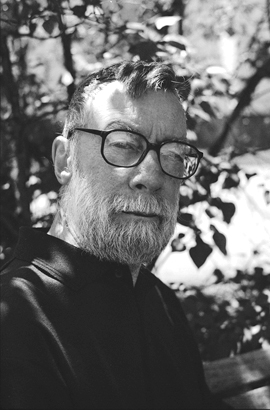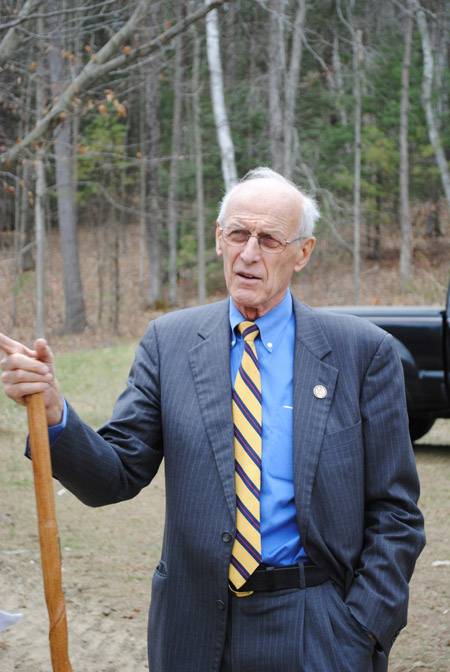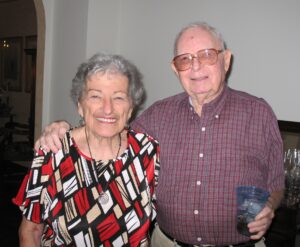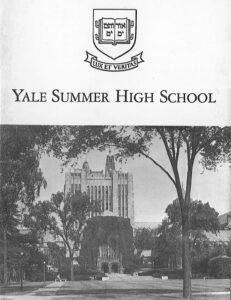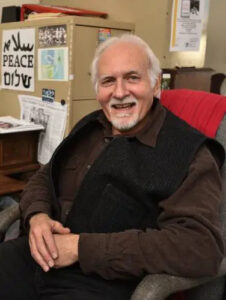 Rob Okun, in his office.
Rob Okun, in his office.
Rob Okun is a progressive social activist, writer, and editor who has worked for equality between men and women for over 50 years. Following his awakening to the preponderance of men in leadership roles throughout the anti-Vietnam War movement, he became interested in feminism, masculinity, and gender inequality. He began to work towards promoting healthy ideas of masculinity and challenging harmful stereotypes about men through his work with Steven Botkin and the Men’s Resource Center (MRC), which was founded by Botkin in Amherst, Mass in 1982. Okun was the editor of Voice Male, the newsletter of the MRC, and also served as Executive Director. Following Voice Male’s transition to an independent magazine, he remained its editor. In addition to his work with the MRC and Voice Male, he edited the book Voice Male – The Untold Story of the Profeminist Men’s Movement which was released in 2017 and has written op-eds and commentaries in newspapers and on websites. His writing is syndicated by Peace Voice and has appeared in The San Diego Union Tribune, The Daily Hampshire Gazette, Boston Globe, Albany Times Union, Alternet, Ms., Counterpunch, Women’s eNews and more.
In addition to his work with the MRC and Voice Male, Okun served as Director of the nearly decade-long traveling art exhibition, book, and documentary film project known as Unknown Secrets – Art & the Rosenberg Era. The project dealt with the origins of the Cold War through the story of the arrest, trial, and execution of Julius and Ethel Rosenberg. The Rosenbergs were convicted of conspiring to pass atom bomb secrets to the Soviet Union and were both electrocuted in June of 1953. The tragedy was examined in the exhibit via the images and words of dozens of artists such as Picasso, Sue Coe, Arthur Miller, David Wojnarowicz, Adrienne Rich, and many others. Okun coordinated showings of the exhibit, fundraised, was the editor of the book about the exhibit, and was a co-producer/director of a 30 minute documentary film, produced by Green Mountain Post Films. A Zoom celebration of Rob’s career at the Men’s Resource Center and as editor of Voice Male magazine was held in January of 2024 and is available via You Tube.
Okun’s papers document his extensive efforts related to the Rosenberg era art exhibit through correspondence with galleries, project members, universities, donors, artists, advisory board members, and funding agencies, as well as grant proposals, posters, photographs, drafts, clippings, press releases, pamphlets, and more. The collection also includes copies of the Rosenberg anthology.
Okun’s work with the Men’s Resource Center and Voice Male is represented through clippings, correspondence, photographs, pamphlets, writings, drafts, and more. Copies of the magazine—from its newsletter days up through its redesign as a four-color magazine, and copies of the Voice Male anthology—are also part of the collection.
Acquired from Rob Okun, 2022
